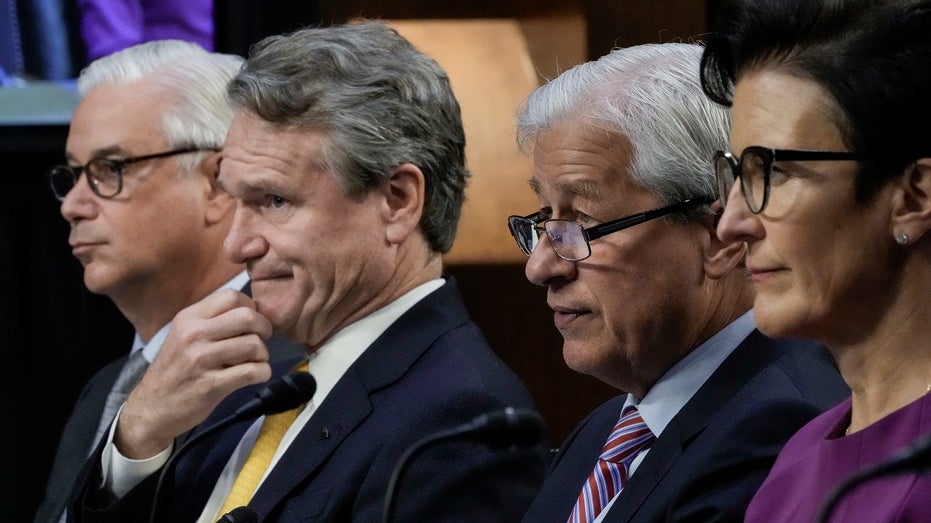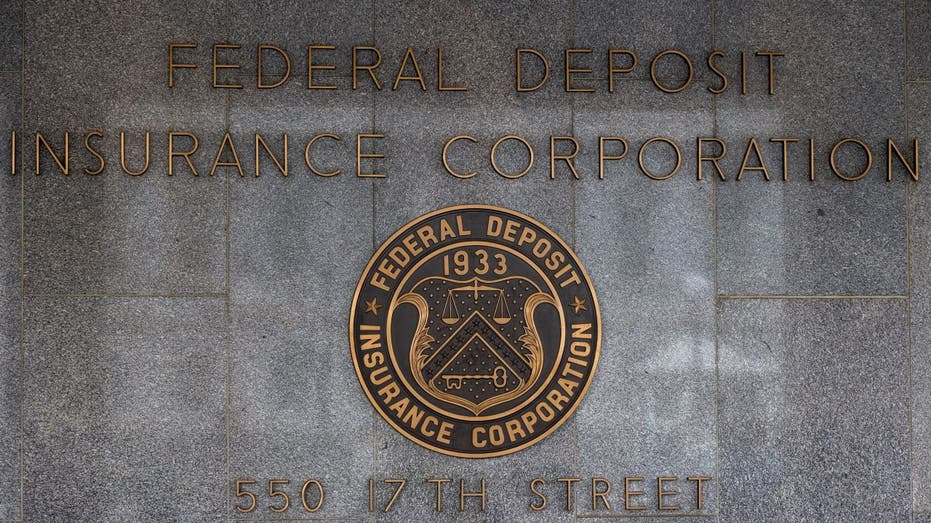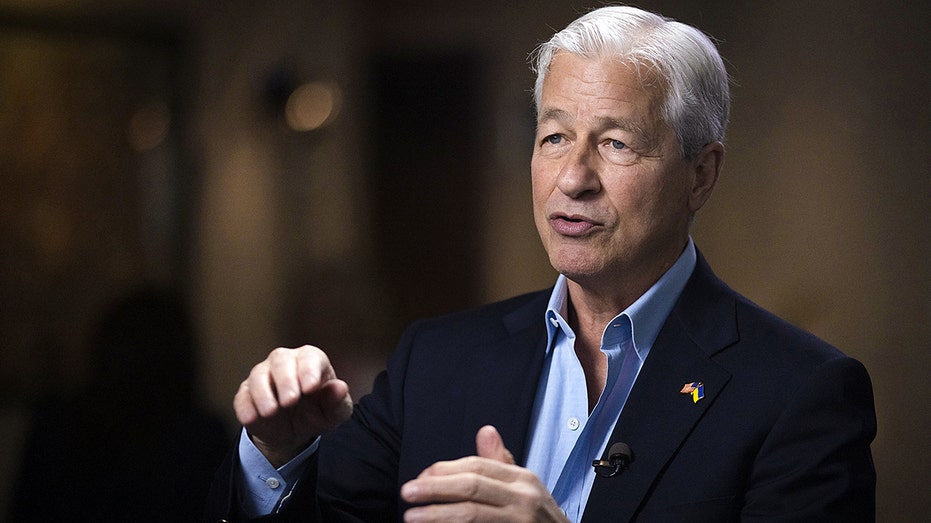Wall Street banks warn lawmakers about new regulations
The CEOs of the eight largest U.S. banks expressed concern about new capital requirements that may be imposed on their firms by regulators
Bank stocks are cheap compared to the S&P 500: Bill Smead
Smead Capital Chief Investment Officer Bill Smead discusses which stocks could be big winners in 2024 on Making Money.
The top bosses of JPMorgan, Morgan Stanley, Citigroup and other Wall Street banks will warn lawmakers that capital hikes and new regulations will hurt the economy, according to prepared congressional testimony published on Tuesday.
The CEOs of the country's eight largest banks will appear before the Senate Banking Committee on Wednesday. The hearing comes amid a fierce industry campaign to kill the "Basel Endgame" proposal, which overhauls how banks must calculate their loss-absorbing capital, and as regulators roll out fair lending and fee-cap rules, among other consumer rules.
The Basel rule, being drafted by bank regulators led by the U.S. Federal Reserve, would "unjustifiably and unnecessarily" increase capital requirements by 20% to 25% for the largest banks, forcing them charge more for services or stop offering them altogether, Dimon will warn.

Wells Fargo CEO Charles Scharf, Bank of America CEO Brian Thomas Moynihan, JPMorgan Chase & Co. CEO Jamie Dimon, and Citigroup CEO Jane Fraser testified before the Senate Banking Committee on Wednesday. (Photo by Drew Angerer/Getty Images / Getty Images)
"If enacted as drafted, this proposal will fundamentally alter the U.S. economy in ways that the Federal Reserve has not studied or contemplated," he will say, according to the prepared testimony published by the Committee on Tuesday.
Other new consumer regulations also show an "alarming" lack of rigorous economic analysis, Dimon will also say.
Regulators say new rules, including capital hikes, are necessary to protect the banking system from unforeseen shocks, especially after three banks collapsed earlier this year.
| Ticker | Security | Last | Change | Change % |
|---|---|---|---|---|
| WFC | WELLS FARGO & CO. | 93.97 | +2.41 | +2.63% |
| JPM | JPMORGAN CHASE & CO. | 322.40 | +12.24 | +3.95% |
| C | CITIGROUP INC. | 122.69 | +6.95 | +6.00% |
| BAC | BANK OF AMERICA CORP. | 56.53 | +1.59 | +2.89% |
FDIC CANCELS PLANNED BOARD MEETING AFTER WSJ REPORTS OF TOXIC WORKPLACE

CEOs of big banks are wary of the regulatory push that follows the failure of three large regional banks earlier this year. ((Photo by Nathan Posner/Anadolu Agency via Getty Images) / Getty Images)
Citigroup's Fraser, however, warned the United States against "inadvertently" upending its financial system in response to what were "isolated" bank failures.
The other CEOs appearing are: Bank of America's Brian Moynihan, Wells Fargo's Charles Scharf, Goldman Sachs' David Solomon, Morgan Stanley's James Gorman, State Street's Ronald O'Hanley, and BNY Mellon's Robin Vince.
| Ticker | Security | Last | Change | Change % |
|---|---|---|---|---|
| GS | THE GOLDMAN SACHS GROUP INC. | 928.75 | +38.34 | +4.31% |
| MS | MORGAN STANLEY | 179.96 | +4.12 | +2.34% |
| STT | STATE STREET CORP. | 132.35 | +3.64 | +2.83% |
| BK | THE BANK OF NEW YORK MELLON CORP. | 124.32 | +3.81 | +3.16% |

Jamie Dimon, chairman and chief executive officer of JPMorgan Chase & Co., planned to tell Congress at Tuesday's hearing that new capital requirements are excessive. (Marco Bello/Bloomberg via Getty Images / Getty Images)
The hearing offers the CEOs an opportunity to try to convince key moderate Democratic senators that the rules could stifle lending, hurting small business and consumers.
Gorman will say that the Basel rules are "wholly unnecessary ... harming the competitiveness of the U.S. economy and driving more activity to the less regulated parts of the financial services industry."
GET FOX BUSINESS ON THE GO BY CLICKING HERE
Wells Fargo CEO Charlie Scharf, meanwhile, said he was confident that the bank's management had the experience to "address all of our risk, control, and regulatory issues," in order for regulators "to consider closing our open consent orders."
The bank is still operating under an asset cap that prevents it from growing until regulators deem that it has fixed problems from a fake accounts scandal. It still has nine open consent orders from banking regulators who require additional oversight of its practices.




















